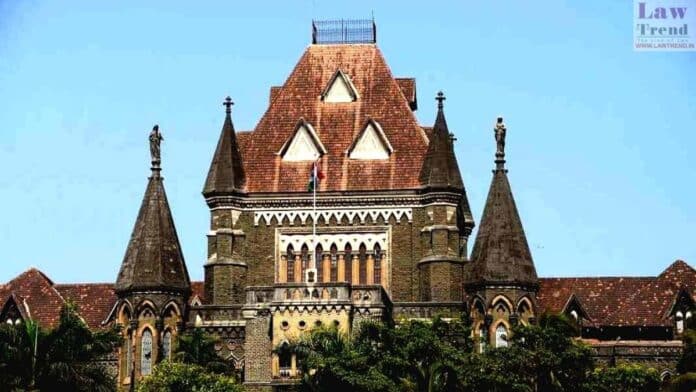The Bombay High Court on Monday ruled in favor of the Maharashtra government’s ‘Ladki Bahin Yojana,’ dismissing claims that the scheme was discriminatory. This decision came after a public interest litigation (PIL) sought to challenge the scheme on grounds of being a political maneuver and misuse of taxpayers’ money.
The division bench, comprising Chief Justice D K Upadhyaya and Justice Amit Borkar, clarified that the judiciary has limited scope in matters concerning government policy unless they infringe upon fundamental rights. The court emphasized that deciding the priorities of government schemes is beyond its judicial purview and a prerogative of the state.
The ‘Mukhyamantri Majhi Ladki Bahin Yojana,’ announced in the state budget, aims to provide financial assistance of Rs 1,500 monthly to women aged 21 to 65 years, who have a family income of less than Rs 2.5 lakh per annum. The petitioner, city-based chartered accountant Naveed Abdul Saeed Mulla, represented by advocate Owais Pechkar, labeled the scheme a “freebie” intended to influence voters. However, the High Court questioned the petitioner’s interpretation of what constitutes a freebie versus a social welfare scheme.

Chief Justice Upadhyaya commented on the political implications of governmental decisions, asserting that every government decision could be viewed as political. He urged the judiciary to remain out of the political thicket, highlighting the importance of legislative processes in budget-making and fund allocation, which are typically not subject to judicial intervention.
Addressing the allegations of discrimination, the bench reasoned that economic disparity justifies different treatment under the scheme, citing that women earning less than Rs 2.5 lakh annually are not comparable to those earning significantly more. This, the court stated, does not constitute discrimination but rather a tailored approach to address inequalities among different economic sections.
Also Read
The PIL also argued that the scheme imposes a significant financial burden on the state’s exchequer, estimating the cost at around Rs 4,600 crore, and claimed it was against the provisions of the Representation of People Act, 1951, amounting to “corrupt practice.” Despite these arguments, the court maintained that the scheme serves as a crucial social welfare measure aimed at uplifting a disadvantaged section of society.







